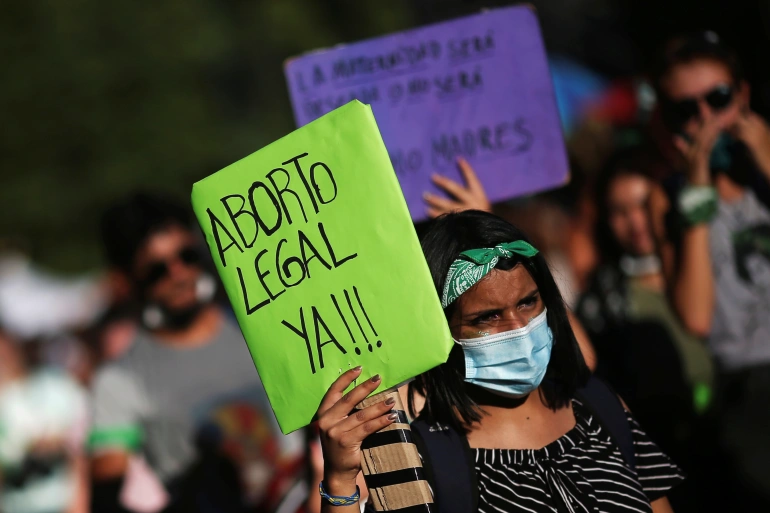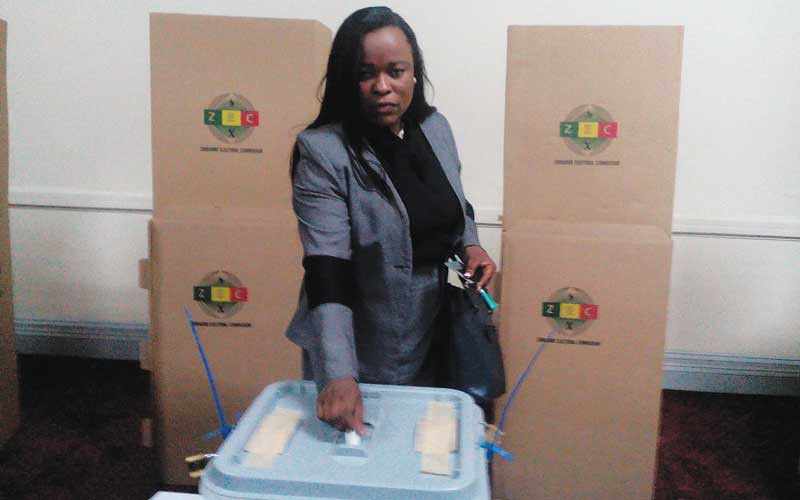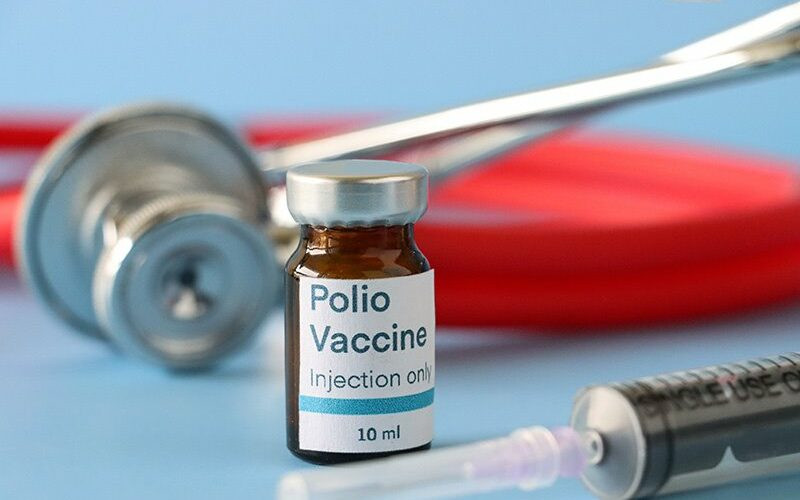
IN Zimbabwe, there are limited instances in which one can be allowed to abort: In the case of rape, abortion is only allowed if the pregnant woman’s life is in danger, in cases of incest or in cases of fetal impairment.
These cases make it difficult to obtain legal abortion and thus, it’s mostly done illegally and in unsafe ways.
The World Health Organization (WHO) notes that six out of 10 of all unintended pregnancies end up in abortion.
About 97% of these unsafe abortions take place in developing countries, Zimbabwe included.
In 2016 alone, there were more than 65 000 abortions done outside the confines of the health system in Zimbabwe.
These abortions are done using invasive methods and lead to dire consequences with regards to female health.
Some of the physical risks include, but not limited to haemorrhage, uterine perforation and incomplete abortion.
While access to women’s health services is already difficult in Zimbabwe, unsafe abortions also pose a great financial burden to women.
- Chamisa under fire over US$120K donation
- Mavhunga puts DeMbare into Chibuku quarterfinals
- Pension funds bet on Cabora Bassa oilfields
- Councils defy govt fire tender directive
Keep Reading
Evidence-based policies should be the way to go if we are to make sure that women realise bodily and psychological integrity.
While there is a restriction in abortion in Zimbabwe, WHO notes that the restriction does not reduce abortions, rather it leads to unsafe abortions. Therefore, there is need for the country to respect the right to choose and promote dignified bodily autonomy.
Neighbouring South Africa legalised abortion in 1996 through the Choice of Termination of Pregnancy Act, which makes it possible for any woman, regardless of marital status, to have access to safe abortion within the first 12 weeks of her pregnancy.
The Choice of Termination of Pregnancy Act saw a more than 90% decrease in mortality for women within a six-year period.
Government should follow suit to make sure that this gap is addressed in order to make sure that women’s reproductive rights are taken into consideration and the starting point for this is to hear what the public wants and what the women themselves want and should be evidence based.
In conclusion, liberalising abortion will go a long way in making sure that in cases of unintended pregnancies, women and girls will be given the right to choose what to do with their bodies and able to access safe services at the same time making sure that stigma around abortion and infanticide are reduced.
Parliament, civic society organisations and other like-minded stakeholders should make sure that this is addressed urgently because it is long overdue.–Desire Kateyera
Goose bumps as Border Gezi militia returnGOVERNMENT’S plans to resuscitate the National Youth Service programme ahead of the 2023 harmonised elections is another Zanu PF strategy of trying to intimidate the voters.
The governing Zanu PF has devised these survival strategies after failing to stabilise the country’s burgeoning unemployment crisis which is hovering above 80%.
Its poor economic policies are stale and uninspiring to investors.
Our government has failed to address national challenges being faced by the nation and is ending up re-introducing failed youth policies.
We need more tertiary schools to train our youths than this National Youth Service programme.
Training of these young people would appear as if government is doing a favour by creating employment for the young people while in actual fact, it is giving them a false hope.
The timing and introduction of the programme, which was first implemented in 2000 before being discontinued in 2007 because of lack of funding, really raises eyebrows when teachers and other civil servants are crying because of poor salaries and working conditions.
Where will this struggling and ailing government get the money to bankroll this once abandoned project?
Government is too ambitious for nothing yet it cannot prioritise issues to deal with economic matters.
The motive behind introducing this programme is none other than to train militant young people who will be used to intimidate and unleash violence on the opposition in the 2023 elections on the guise of protecting national interests.
I witnessed such acts in the previous elections around 2000, where the militias were manning unsanctioned roadblocks and harassing members of the opposition.
It’s unfortunate that only the poor young people from rural areas will be taken for training while chefs’ own children will not set foot at such training institutions.
During the late former President Robert Mugabe’s era, I did not see his daughter Bona or sons Chatunga and Robert Jnr attending these trainings.
They were enjoying life wherever they were.
There is no need for government to force the youths to be patriotic when there are no jobs and food to eat.
Patriotism comes only when people have full stomachs.
The State must stop mentally raping the future of the young people by frog-marching them into Zanu PF’s slaughterhouses.
It is a pseudo-militia composed of young people drawn mainly from the marginalised rural areas, who are then deployed at targeted areas to commit political violence.
To be honest, government does not have enough finances to carry out this project.
On record, this national service training did more harm than good to the society, where the green bombers unleashed terror in the 2008 election.-Leonard Koni
Food availability key to achieving long-term economic successFOOD availability has long been recognised as a crucial factor in achieving long-term economic success.
Food is also seen as essential to the emotional and physical well-being of people in any community.
As a result, any food-insecure society is likely to suffer major human capital issues and, as a result, growth challenges.
For that reason, eradicating malnutrition was a vital goal of the United Nations Millennium Development Goals (MDGs) and remains a crucial goal of the more recently proposed Sustainable Development Goals (SDGs).
In a study issued in February 2022, the Global Hunger Initiative stated that 45 million people in 43 African nations risked starvation.
Conflict, COVID-19, and climate change have all contributed to the creation of new and worsening hunger hotspots, as well as the reversal of progress gained by families to escape poverty.
The Russia-Ukraine war is exacerbating food poverty in several African nations that rely on Russian and Ukrainian supplies of wheat, sunflower oil, fertilizer, fuel, and gas.
Sanctions, port closures, and delayed production and supply are pushing up food, energy, and transportation prices resulting in food shortages and cost-of-living increases that are especially harsh on the most vulnerable.
The rise in petroleum prices impacts the cost of production and transportation of essential market items to Africa.
The African agriculture sector’s flaws have come to light as global food prices continue soaring daily.
For a long time, Africa has been primarily concerned with small-scale subsistence farming.
In this sense, farmers rely only on humans as a source of labour.
In a continent that suffers from a food crisis every other year, little emphasis has been placed on mechanising the farming business in Africa.
Food shortages are consequently likely to intensify unless concrete actions are taken to increase agricultural output within the region.
Agriculture employs a considerable proportion of the African population and contributes a sizeable portion of the continent’s gross domestic product.
Despite its importance to the regional economies, agriculture is primarily undeveloped in African countries.
This translates to agricultural growth in Africa having enormous potential.
One of the biggest impediments to achieving agricultural development and food security has been the restricted usage of mechanisation.-Feed Afrika











